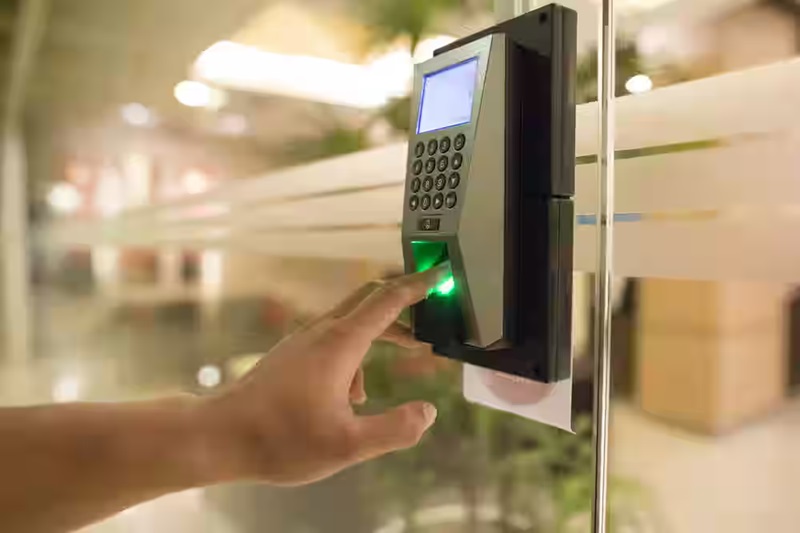Exploring the Importance of Access Control Systems in Hospitals

As we stride through the second decade of the 21st century, technology has infiltrated nearly every aspect of our daily life and the same holds true for our healthcare institutions. Consider the state of our hospitals, brimming with sophisticated equipment and state-of-the-art technology that facilitate patient care. But have you ever taken a pause and thought about the safety measures these institutions adopt to protect their invaluable assets, be it the medical equipment, data, or most importantly, the patients? Edging away from conventional lock and key systems to more sophisticated door entry systems – enter the realm of Access Control Systems (ACS) in hospitals. The question that arises now is why are these access control systems significantly important for hospitals? In this post, we’ll delve into the world of hospital access control systems, exploring their features, advantages, and indispensability in optimizing hospital safety.
Unraveling Access Control Systems in Hospitals: Why does it matter?
At its core, an ACS allows or restricts individuals’ access to a particular area, benefiting the hospital in a two-pronged way – enhancing security and increasing operational efficiency. An advanced technology, ACS does this by leveraging identification protocols and authentication, ensuring only authorized individuals can enter specific areas. But just how is this beneficial?
Firstly, access control systems act as a line of defense, protecting highly sensitive areas such as operating rooms and pharmacy stores. These spaces house state-of-the-art tools, medicines, and sometimes, confidential patient data, making them potential targets for unauthorized entries or thefts. With the control system in place, hospitals can keep these potential breaches at bay.
Secondly, tracking and accountability is another advantage that comes with ACS. Through this system, hospitals can track the whereabouts of staff members, patients, and visitors. This not only enhances the efficiency of patient management but also maintains a layer of transparency that is critical to hospital security.
Who and the What: Understanding the Specifics of ACS
Digging deeper, let’s discuss who needs access and to which particular areas. The ‘who’ typically extends from hospital staff, to patients, and sometimes visitors. For instance, doctors and nurses need access to patient rooms, operating theatres, and drug storage areas. Maintenance staff need access to utilities and machinery, while patients and visitors need access to public areas and specific patient rooms.
Concerning ‘what areas’, the gamut runs from public areas like waiting rooms and cafeterias, to restricted zones like IT hubs, records rooms, pharmacy stores, and operating rooms.
Access Control Systems: Salient Features
The features of modern ACS include electronic badges, video surveillance, intrusion detection, and more. These systems can also integrate with other hospital systems to enhance overall operations and ensure smooth functioning. Some hospitals even employ biometric systems for intricate levels of access control!
Pros and Cons of Access Control Systems
While the importance of ACS in hospitals cannot be understated, like all technology, it comes with its set of advantages and drawbacks. On the plus side, ACS enhance hospital security, aid in asset management, and improve accountability and transparency. On the downside, the high cost of installation and maintenance, technical glitches, and the risk of system hacks are some of the challenges hospitals may face.
The Future of Access Control Systems
Looking into the future, with the advent of Artificial Intelligence and Machine Learning, ACS are expected to become more sophisticated, reliable, and efficient. Integrated with patient management systems and powered by predictive algorithms, the future of hospital access control is a thrilling prospect.
Conclusion
Unpacking the particulars of access control systems for hospitals, one realizes its significance in fortifying hospital security, enhancing efficiency, and sustaining a trustworthy environment for patients. Though confronted with certain challenges, the manifold benefits far outweigh the drawbacks, making ACS an invaluable element in today’s healthcare infrastructure. As technology continues to evolve, these systems will undoubtedly become more efficient and risk-resistant, offering a more secure environment conducive to the primary goal of all hospitals – to heal.